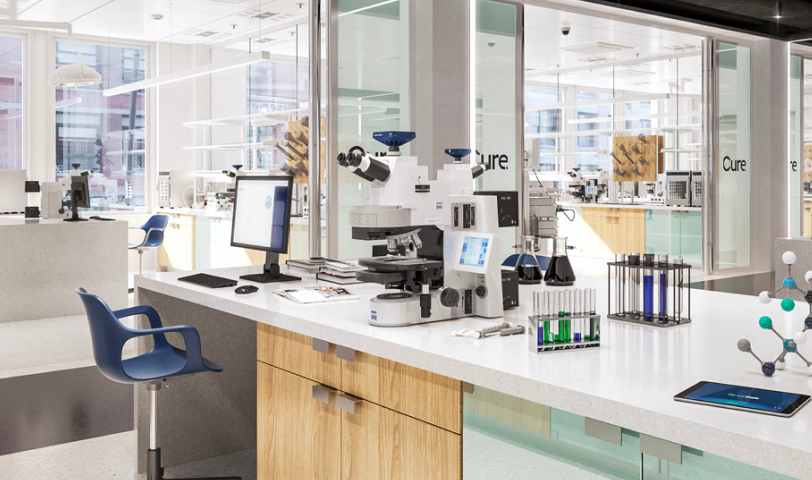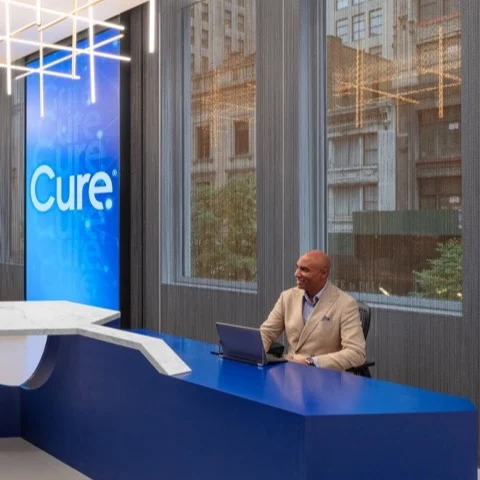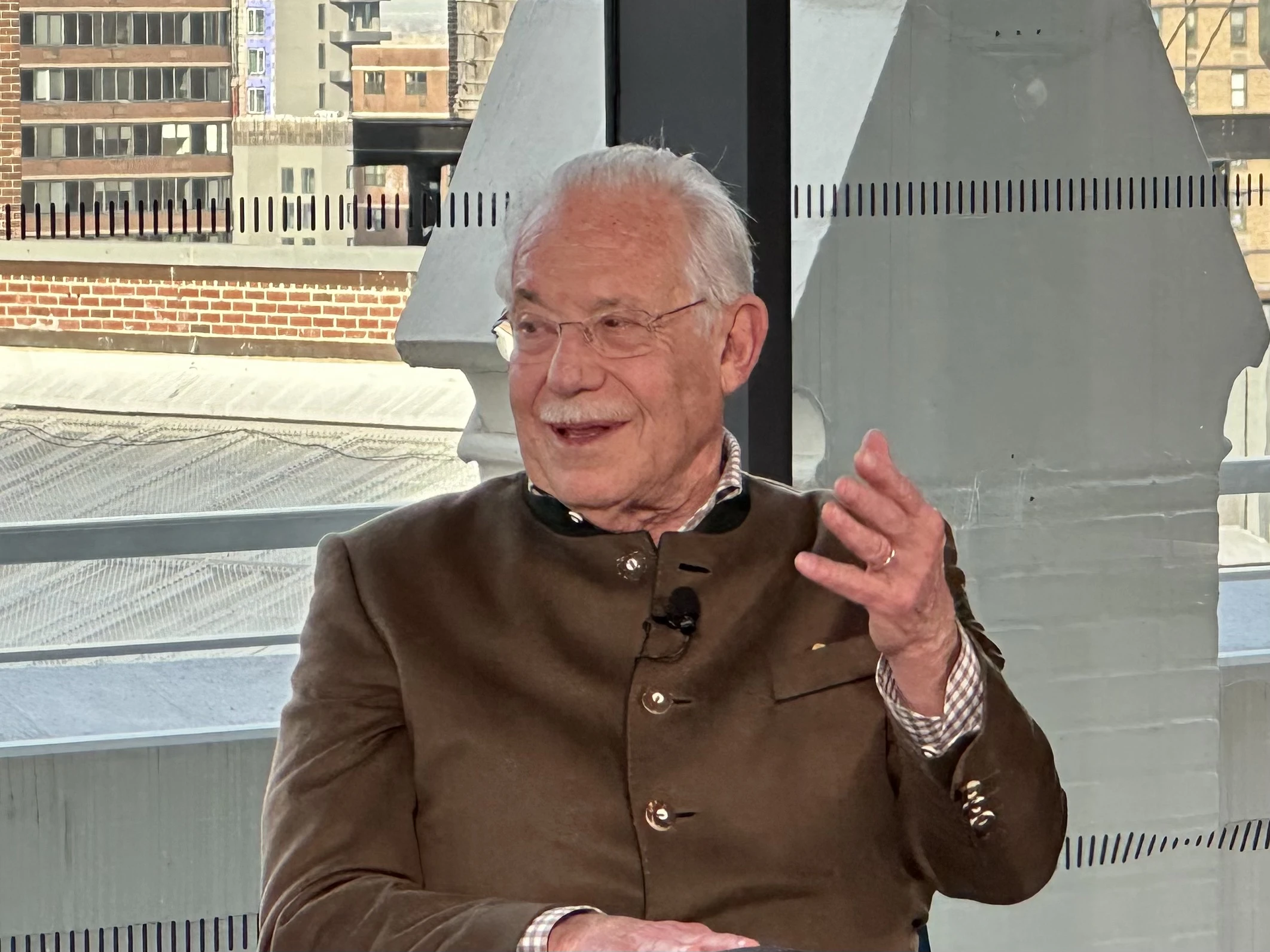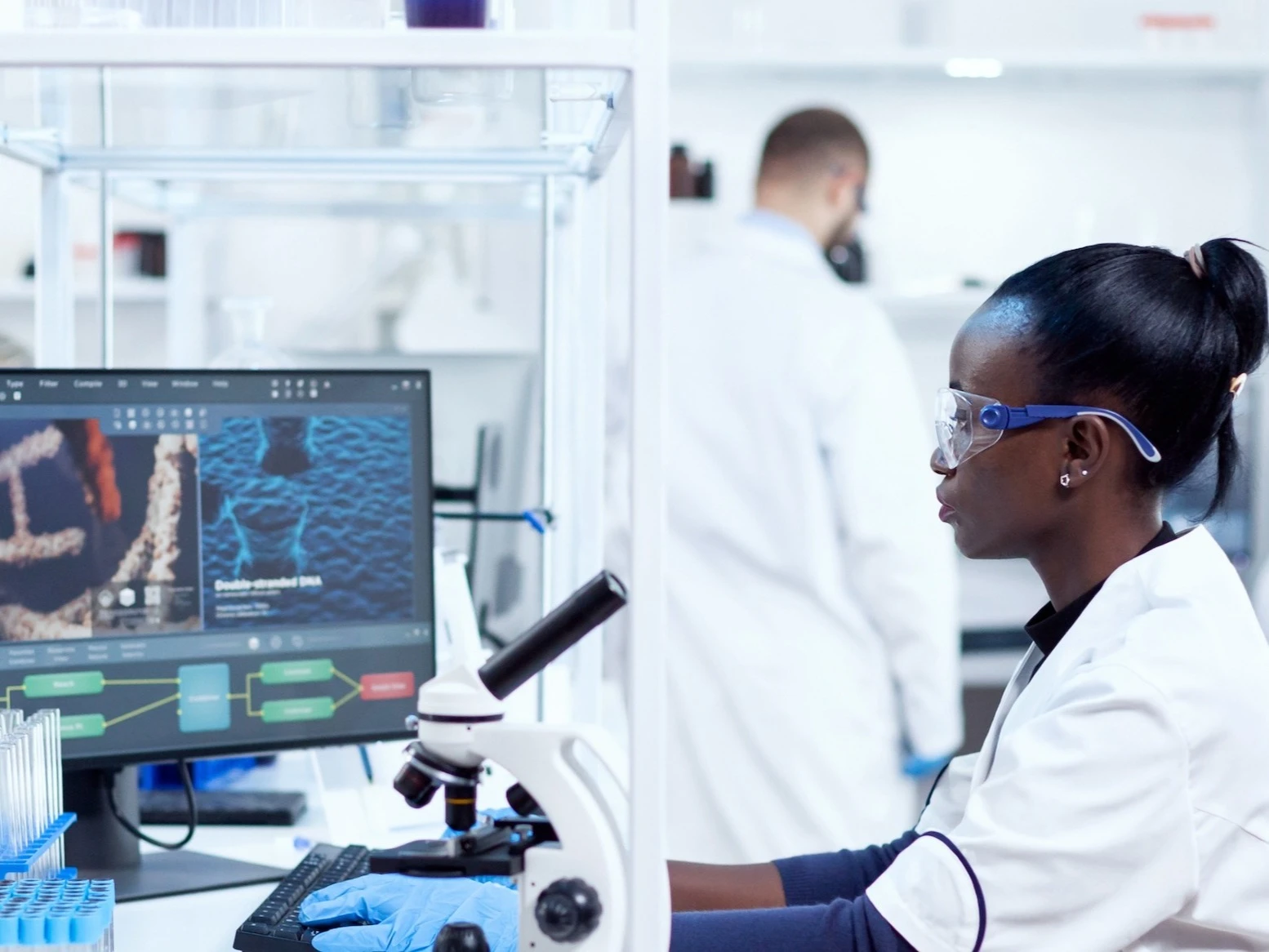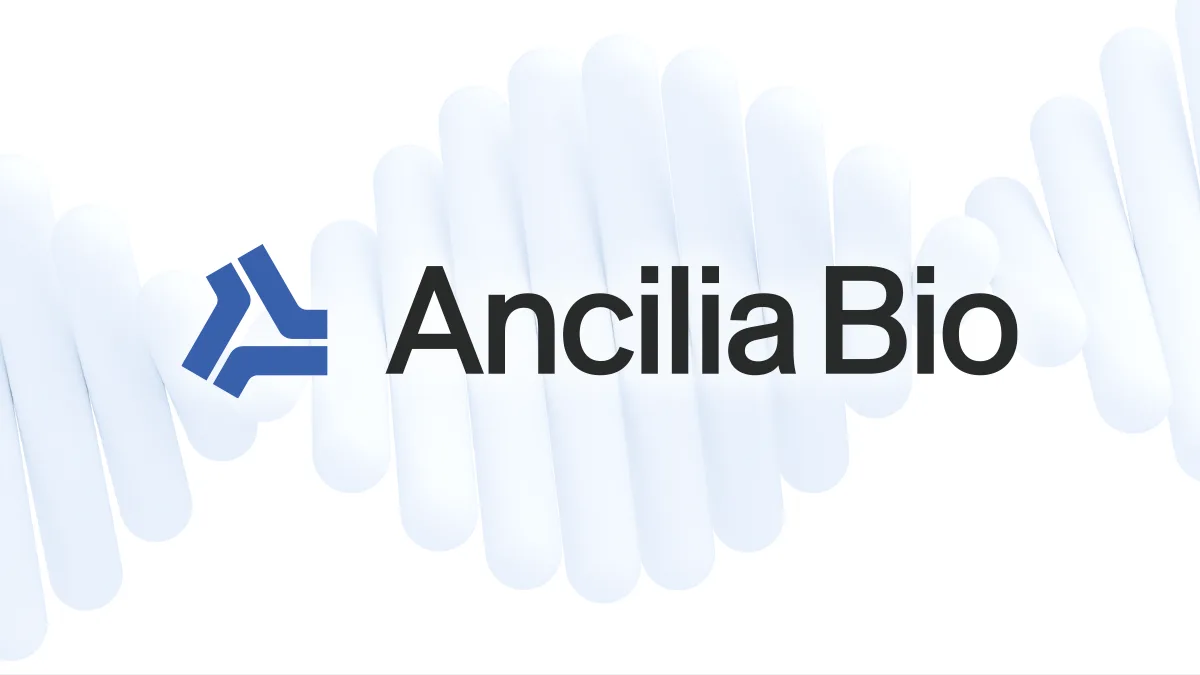New York City-based Ancilia Bio, Inc. is paving the way for groundbreaking advancements in women’s health with a $3 million non-dilutive award from the ARPA-H Sprint for Women’s Health program.
Leveraging the natural function of cutting-edge CRISPR technology, the biotech startup is tackling a critical obstacle to the success of novel bacterial therapies that address health disorders associated with the microbiome: protecting beneficial bacteria from viruses in the microbiome that prey on bacteria, known as phages.
The funding will accelerate the company’s early-stage research to innovate new treatments for bacterial vaginosis (BV), an undertreated condition that affects 3.5 million women in the United States each year. BV is associated with disruptions to the vaginal microbiome, an important determinant of women’s health and an understudied research area. A successful therapy has the potential to fight bacterial vaginosis and related indications, including recurrent urinary tract infections, preterm birth, infertility and pregnancy loss.
ARPA-H: Addressing Critical Unmet Women’s Health Challenges
ARPA-H — Advanced Research Projects Agency for Health — launched Sprint for Women’s Health as part of the White House Initiative on Women’s Health Research.
The federal agency’s program champions innovations and addresses critical unmet challenges in women’s health. Cure, an ARPA-H Investor Catalyst Hub Spoke, hosted a recent event with ARPA-H’s Director Renee Wegrzyn, PhD, and Portfolio Lead Jenica Patterson, PhD, as well as Ancilia Bio and other New York-based winners of the Sprint.
ARPA-H’s two funding tracks foster transformative research and development efforts: Spark awards, which Ancilia Bio received, support early-stage research, while Launchpad awards fund later-stage development. The goal of all supported projects is to improve women’s health outcomes.
Making a Difference in Women’s Health with Beneficial Bacteria
Ancilia — whose name is derived from the Roman word for “shield” — employs CRISPR to confer viral immunity to beneficial bacteria, essentially “shielding” them from the lethal effects of viral phages. Although best known for its use in gene editing, CRISPR actually evolved in bacteria in nature to protect themselves from attack by predatory viruses.
“Many prior bacterial therapies have failed to succeed in the clinic, and we believe a primary reason for that is that at least half of the microbiome is made of viruses,” explained Alexandra Sakatos, PhD, CEO and co-founder of Ancilia Bio. “Many of those viruses are phages, which can directly attack and kill bacteria. That presents a significant challenge because if you give someone a live bacterial therapy, predatory viruses present in the microbiome can threaten the survival of beneficial bacteria and limit their therapeutic efficacy.”
The proprietary Ancilia CoVE (TM) (computational Virome Engine) platform can identify the viruses in the microbiome that attack therapeutically relevant bacteria. The company’s EPIC (TM) (Enhancing Phage Immunity with CRISPR) platform leverages CRISPR to develop strains of bacteria that are immune to those viral populations.
“The idea is that these immunized strains will survive and be effective in patients, enabling the widespread use of these bacterial therapies for a range of applications,” added Sakatos.
Ancilia is initially focusing on vaginal health and intends to expand its platform to other indications influenced by the microbiome, including gastrointestinal and autoimmune diseases and cancer.
While the ARPA-H funding supports Ancilia’s lead BV therapy through an IND filing, the company plans to raise another round of funding later this year to support a first-in-human clinical trial, which they hope to launch in 2026.
From Scientist to VC to Biotechnology CEO
Sakatos did not start her career intending to become the CEO of a biotechnology company, but she always had a passion for the applications of her scientific work.
“I'm a scientist by training and did my PhD in microbiology. I always loved science, but was most excited by its translational aspects,” she noted. “I didn't really set out after graduate school to start a company. I just wanted to do science that was translationally relevant and ultimately create products that would have a meaningful impact on people’s lives.”
After earning her doctorate from Harvard University, she worked at a startup for a year and then joined Deep Space Ventures, a London-based biotech incubator and venture fund. During her time there, she scoped out opportunities to create companies that would identify and address gaps where new scientific solutions were needed and could make a dramatic difference in the field.
“We identified a critical gap in the microbiome field, where the initial excitement about the great potential of live bacterial therapies was followed by high-profile failures in clinical trials. We believe that some of these failures may be explained by the destructive impact of viruses,” she recalled.
Fueling Passion and Building the Ideal Startup Team
Sakatos advises aspiring founders to make sure they're truly passionate about their mission.
“Life at a startup is an uphill battle. You have to really enjoy what you're doing and the people you’re working with to stay motivated through the inevitable challenges,” she said. “Passion for both the day-to-day problem solving and the long-term potential impact keeps us going.”
She emphasizes the importance of building the right team. She co-founded Ancilia Bio in 2019 with Rodolphe Barrangou, PhD, Chief Scientific Officer and a pioneering expert in CRISPR, and David Paez-Espino, PhD, Chief Technology Officer and a specialist in viral bioinformatics.
“Launching a startup is ultimately about the people who are driving the science forward,” noted Sakatos. “It's critical to bring in the right co-founders, the right advisors and the right team to implement the venture’s vision, complement each other’s skillsets and keep everyone inspired to discover innovative solutions to unsolved problems."

